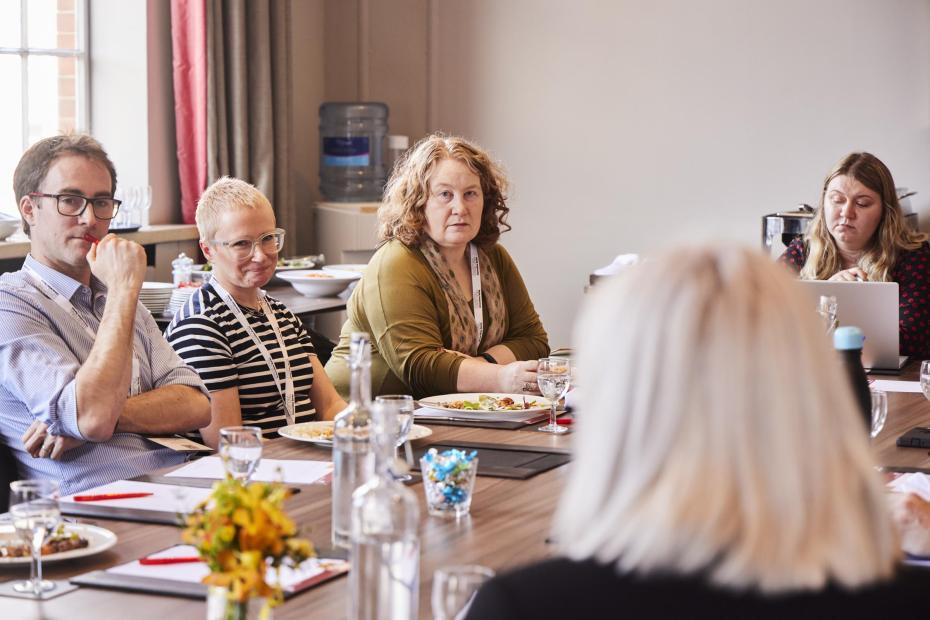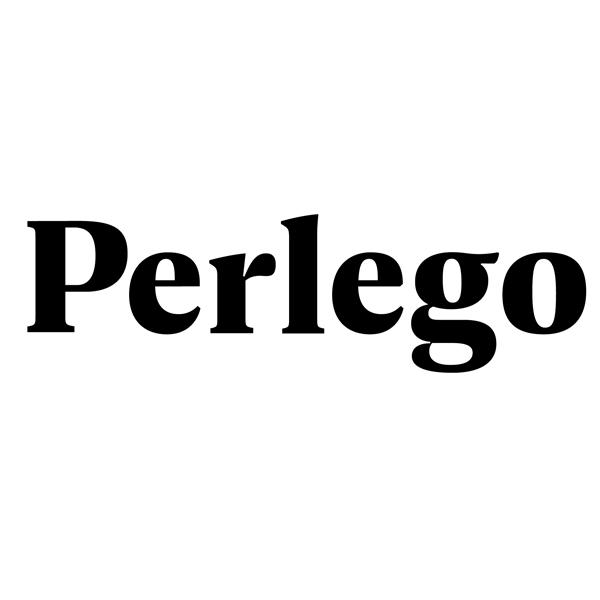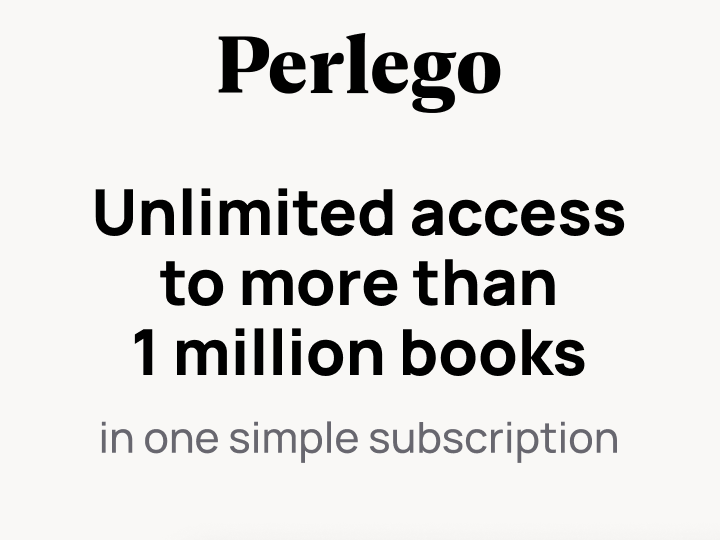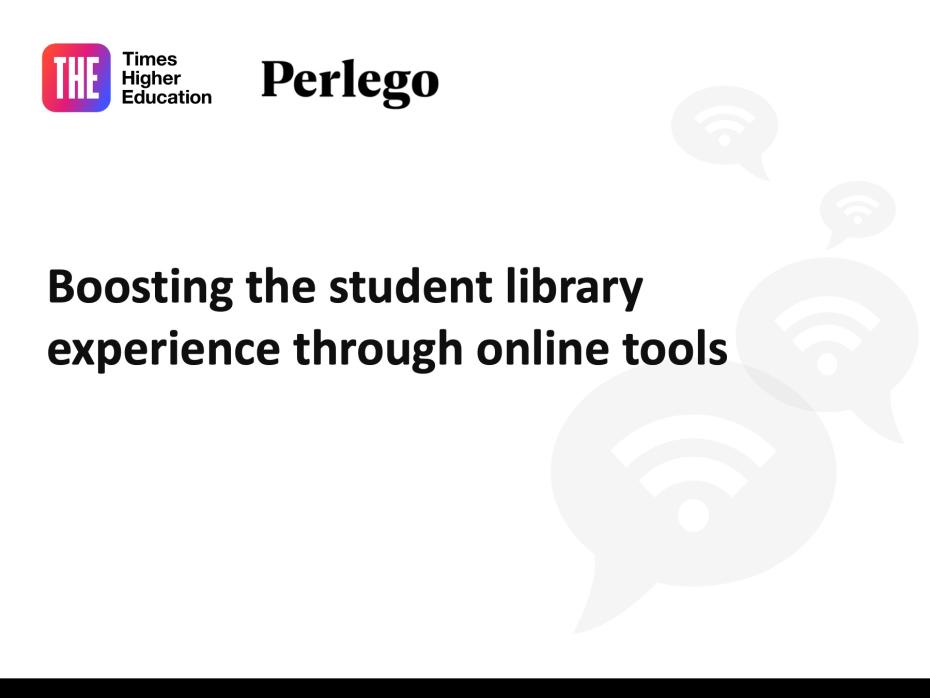
Understanding students’ diverse digital learning needs to bolster institutional success

In a world where students’ needs and desires are as varied as the subjects they study, it can be a challenge for educators to provide them with equitable access to digital learning resources. At Digital Universities UK 2023, a round table discussion hosted in partnership with Perlego considered the role that digital learning plays in the strategic development of universities.
Perlego works in partnership with more than 200 institutions worldwide to provide unlimited access to over 1 million books from leading higher education publishers. Perlego enables the library to unlock access to content in one place for an affordable price, improving the student learning experience with a top-rated reader and engaging study tools, and supporting faculty with delivering excellence in teaching and learning.
For many, the accelerated switch to digital learning during the Covid-19 pandemic was an eye-opening experience. “We set up a helpline for students and we found so many [of them] didn’t have access to wi-fi or a laptop just as basics. That was quite a wakeup call,” said Diane Bennett, teaching and learning manager for digital learning at the University of Manchester. Matt East, senior product manager at Perlego, agreed: “We can very easily make assumptions on the digital infrastructure that students have and it's just not the case.”
“Somewhere in this discussion is the assumption about an ideal student, as if that's what the sector is built around. I suspect these ‘unusual’ students that need flexibility, or that work, or don't necessarily have a great laptop, are probably in the majority,” said Dave White, head of digital education at the University of the Arts, London.
Masud Khokhar, university librarian and keeper of the Brotherton Collection at the University of Leeds, pointed out that there is a great diversity of students, and universities shouldn’t just focus on traditional 18 to 20-year-old undergraduates. “Flexibility is the only way to go…We have to really take a step back and think about the whole ecosystem in which the university provides support and services,” he said.
Some panellists suggested that a wider cultural shift is needed for universities to recognise the crucial role of digital learning, particularly regarding flexibility. “I'm totally convinced that all universities are more digital than they are physical. But culturally, we haven't shifted to that position, and strategically, often universities aren't run on that basis,” White said.
Fiona Shelton, dean of the Centre for Excellence in Learning and Teaching at Leeds Trinity University, agreed: “I think we’re frightened to be bold enough to do it.” East concurred, saying “From my experience of working with universities, the opportunity for innovation is often held back by the risk of things like student feedback and the impact on time and effort.”
Generally, universities are hopeful for the future role of digital tools, with Sarah Quinn, director of programme delivery at the University of Glasgow, concluding: “I think it's a sign of the level of maturity that we understand the role that digital plays within the strategic world of learning, teaching and research…This is something that everybody's trying to do to a certain degree and to certain levels of success. Everybody’s trying to work out what the right shape and size might look like for them.”
The panel:
- Diane Bennett, teaching and learning manager for digital learning, University of Manchester
- Ruth Clark, head of learning enhancement, Leeds Conservatoire
- Tatiana Costa, digital learning adviser, Queen Mary University of London
- Matt East, senior product manager, Perlego
- Julia Gilmore, branded content manager, EMEA and the Americas, Times Higher Education (chair)
- Masud Khokhar, university librarian and keeper of the Brotherton Collection, University of Leeds
- Malgo Miranowicz, digital learning adviser, Queen Mary University of London
- Sarah Quinn, director of programme delivery, University of Glasgow
- Amy Sampson, head of digital learning, Falmouth University
- Fiona Shelton, dean of the Centre for Excellence in Learning and Teaching, Leeds Trinity University
- Chris Trace, head of digital learning, University of Surrey
- Dave White, head of digital education, University of the Arts, London
Find out more about Perlego.


